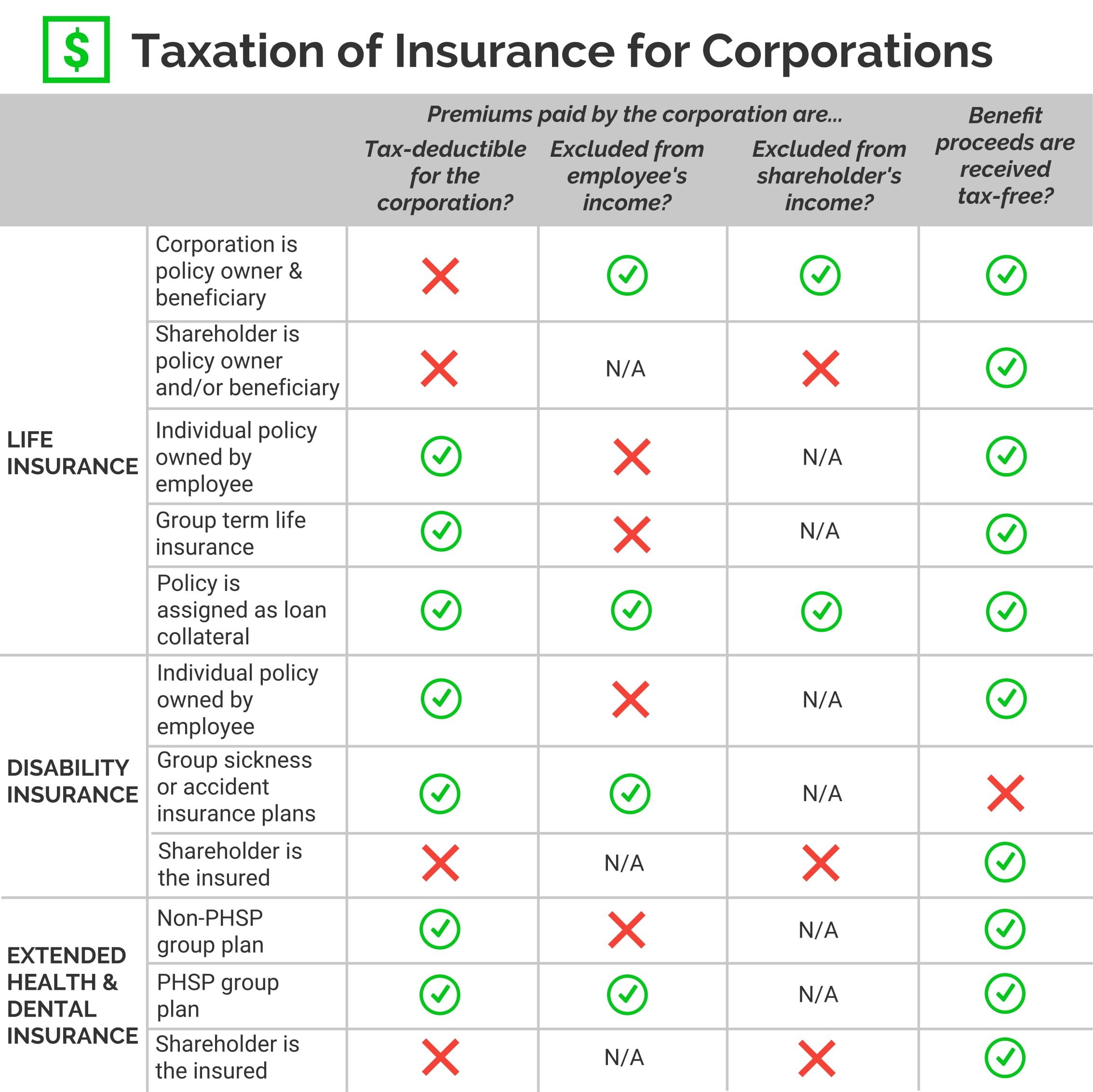Are you wondering if your health insurance premiums are taxable? If so, you’re not alone! Many people are curious about the tax implications of their health insurance premiums, and it’s an important question to answer. In this article, we’ll provide an overview of the tax implications of health insurance premiums, so you can understand how they are taxed and how you can plan accordingly. So read on to learn more!
What Are the Different Types of Health Insurance Premiums?

When it comes to health insurance premiums, there are a few different types you should know about. First, there’s the individual health insurance premium, which is the cost of an individual health insurance plan for one person. Then, there’s the family health insurance premium, which is the cost of a health insurance plan for an entire family. Finally, there’s the employer-sponsored health insurance premium, which is the cost of a health insurance plan offered by an employer to their employees. All of these premiums come with their own set of rules and regulations, so it’s important to understand what kind of health insurance premium you’re dealing with and how it will affect your taxes.
Are Health Insurance Premiums Taxable?

Are health insurance premiums taxable? This is a common question for many people, especially those who are trying to figure out how to budget for their health care costs. The answer to whether or not health insurance premiums are taxable depends on your individual circumstances. Generally, premiums for health insurance policies purchased through an employer are not taxable. If you are self-employed, however, you may be able to deduct the cost of your premiums from your taxes. Additionally, if you are paying for an individual health insurance policy, the premiums you pay may be eligible for a tax credit or deduction, depending on your particular situation. It’s important to check with a tax professional to make sure you are aware of all of the tax implications of your health insurance policy.
How to Calculate How Much You Will Pay in Health Insurance Premiums

When calculating how much you’ll pay in health insurance premiums, there are a few things to keep in mind. First, consider your age and health status. Generally, younger, healthier people will pay lower premiums than older, less healthy people. Additionally, the type of plan you choose will impact the amount you pay in premiums. If you choose a high-deductible plan, you may pay lower premiums but have a higher out-of-pocket cost. If you choose a plan with a lower deductible, you may pay higher premiums but have a lower out-of-pocket cost. It’s important to weigh both options carefully to ensure you’re getting the best value for your money. Lastly, the amount of coverage you need will also influence your premium costs. A plan with more coverage will typically cost more than one with fewer coverage options. Knowing exactly what you need in terms of coverage can help you determine the best plan for you.
Understanding Tax Benefits of Health Insurance Premiums

If you’re like many people, you may be wondering if you can get some tax benefits when it comes to health insurance premiums. The answer is yes! Depending on your situation, you may be able to deduct some or all of your health insurance premiums from your taxes. This can be a great way to save some money and ensure your health insurance coverage is as affordable as possible. To take advantage of the tax benefits of health insurance premiums, you will need to make sure you’re eligible. If you’re self-employed or if you pay for your health insurance premiums with after-tax dollars, you could qualify for a deduction. Additionally, if you have a high-deductible health plan, you may also be able to deduct your medical expenses. By understanding your eligibility and taking advantage of any available deductions, you can make sure you’re making the most of your health insurance expenses.
What to Consider When Shopping for Health Insurance Premiums

When shopping for health insurance premiums, there are a few important things to keep in mind. First, make sure you understand what type of coverage you need. Do you need a plan that covers only medical care or one that covers prescription drugs, vision and dental? You should also look at what deductibles and coinsurance you will be responsible for, as well as any copayments or copayment percentages. Additionally, consider what kind of out-of-pocket maximums you may be responsible for, and if there are any additional fees. Finally, research the different companies offering insurance policies to find the best value for your money. Taking the time to carefully look at all of these factors before making a decision will help you get the best health insurance premiums for your needs.




